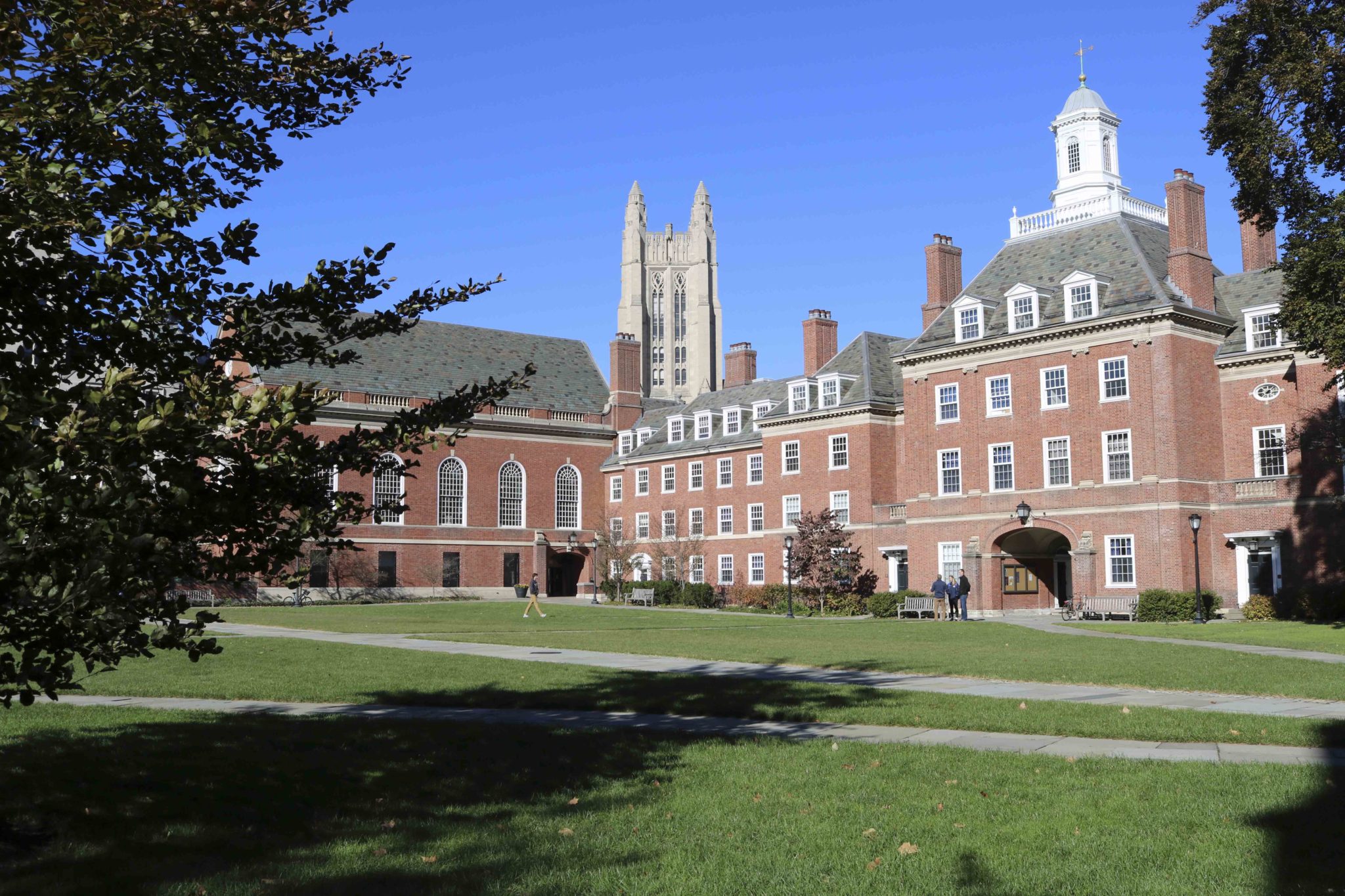
The Yale College Council will launch a pilot program starting next Sunday to provide free menstrual hygiene products in three residential colleges.
Based on the findings of its January report on menstrual hygiene, the YCC will start by implementing the pilot program in Morse and Silliman colleges. According to Heidi Dong ’20, the YCC’s university services director, the council also has plans to expand the pilot to Berkeley College within a few weeks of its launch, based on information gleaned from the first phase of the initiative.
“Our main, overarching, very optimistic goal is that this will usher in a total shift in ideology — a shift in how we view these products,” said Lorna Chitty ’20, a co-author of the 2018 report. “So, reframing how we think about menstrual hygiene products — not as a luxury, not even as a commodity, but as a necessity on campus.”
The report, based on the findings of a YCC survey conducted in the fall, found that 46.4 percent of the 776 people surveyed who bought menstrual hygiene products stated that it presented a degree of financial burden. Asked whether they would use Yale-provided menstrual hygiene products instead of buying their own, 78 percent of the same students said they would.
The report also discusses the implementation of similar programs at peer institutions such as Brown, which has been providing free pads and tampons in nonresidential building restrooms since 2016, and Columbia, which tried a semester-long product distribution plan in 2016, but ultimately cancelled it due to “lack of student interest,” according to the Columbia Spectator.
During the monthlong program, menstrual hygiene products will be placed in three to four areas in each residential college, each of which requires swipe access. The YCC will restock products every two to three days, keeping track of how often the locations need to be restocked, as well as which products are used.
“We’re not having them in bathrooms right now, we are only stocking the rooms available to people in the colleges, like laundry rooms, so as not to skew data,” Chitty said. “These are rooms that are open to all genders, which kind of can get lost in the discussion of ‘feminine’ hygiene products — they’re not. They’re menstrual hygiene products.”
Although the pilot project is completely funded by the YCC, organizers of the program hope that demonstrated student interest will encourage the University to fund future endeavors.
Samir Al-Ali ’21, a co-author of the report, said he hopes the program will improve students’ daily lives, as well as assist in data collection.
“If the program is successful and the data demonstrate that free and accessible menstrual hygiene products are a need on campus, we hope that we can bring the data to Yale administrators and arrive at a long-term, permanent solution for the dispersal of these products,” Al-Ali explained.
While the YCC is in charge of funding and running the pilot program, Dong added, the group also discussed the initiative with the Women’s Center, heads of college in Morse and Silliman, college councils and administrators in the Yale College Dean’s Office.
Laurie Santos, the head of Silliman College, supported the program, describing it as “fantastic.”
“I’m excited that Silliman gets to be a part of this pilot program, which I hope will soon extend to other residential colleges as well,” Santos said.
Students also expressed enthusiasm for the pilot program for a variety of different reasons.
While some, like Kaley Pillinger ’21, described the program as a “great step to promoting gender equity on campus,” others praised its usefulness.
“I support it, because many times periods start unexpectedly, or you don’t have a tampon or pad in your bag,” Naima Kalra Gupta ’21 said.
Anne Northrup ’21 agreed that the program was a “wonderful idea,” but added that she hopes the YCC has clear benchmarks to measure the success of the program, and to ensure it has a strong impact.
The YCC was established in 1972.
Aakshi Chaba | aakshi.chaba@yale.edu







